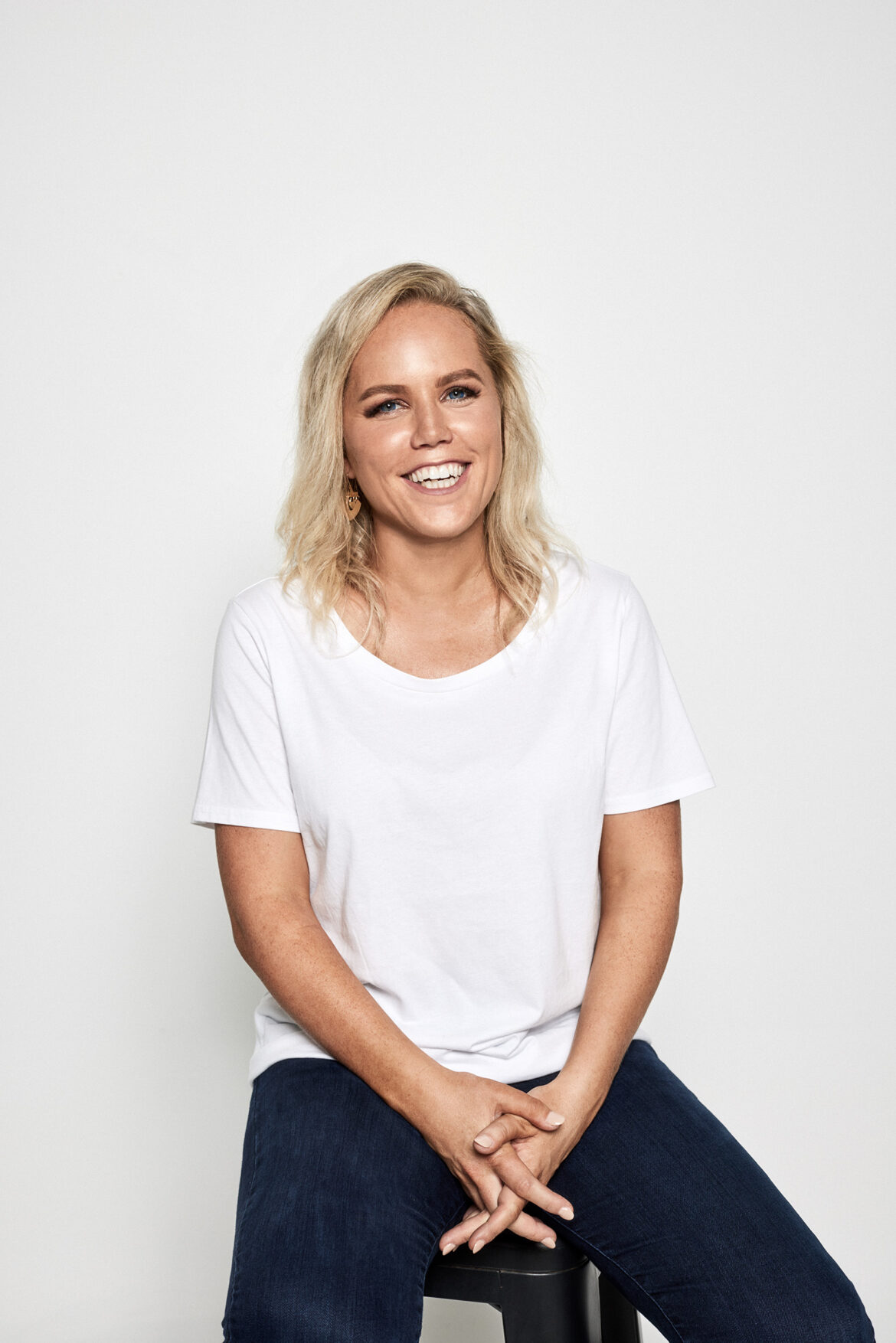It’s that time of the year when keen business owners start to think about how to best position themselves for the financial year ahead. Getting the books up to date, engaging with your tax accountant early and being proactive around your finances and technology strategy are good starting places, but let’s dig into some practical tips to get your accounts ready for the financial year ahead and ultimately make the most of your returns.
1. Good foundation and clean data
Start with a good foundation and clean data. It makes your (and your advisor’s) life easier. Keeping on top of reconciliations and having the books up to date serves a few purposes. It allows you to see where you are from a financial position and assists your accountant when they are digging into the numbers around tax planning time. Introducing technology into this process, it can make your life easier and further drive efficiencies. Our favourite software to use in this space is Xero, as it has loads of functionality and has the ability to bolt-on external applications to level up its capabilities. If you are a bit stuck on your technology stack, a good place to start this journey is at the Xero App Store.
2. Don’t buy just to get a deduction
Don’t buy something just to get the deduction, it is important that any business expenditure is in line with your strategy and forecast. I know, every advertisement at this time of the year as a small business owner is telling you to buy now to get the deduction pre 30th June. But remember the additional benefit is only 25-30%, dependent on your structure. If you do, however, have business expenses you need to purchase, then talk to an advisor about bringing these forward to claim the deduction this financial year.
3. Understand your financial position
Know your numbers and make sure you bring your advisor along with you. Pricing and margin review work is top of mind for most businesses at the moment. With labour shortages, rising inflation and supply chain issues, there is an opportunity now to connect with your accountant pre-year end so that you can plan for the coming financial year and beyond.
Set realistic budgets and forecasts that build in reserves and buffers during uncertain times. Cash is king, so make sure you have a keen focus on your cash conversion cycle and ensure you build our scenarios based on different variables so you know when the business hits certain trigger points what actions then need to be taken by the business.
It’s a busy time of the year, but with a little planning, discipline and working on the business, small business owners are in the best position possible to reset, reflect and start the new financial year off with a strong financial foundation.
Contributed by Sarah Lawrance, Founder & CEO of Hot Toast and member of the Xero Partner Advisory Council
This article is not financial, legal, or tax advice, we have not considered your personal circumstances and strongly advise you to seek your own professional advice.
